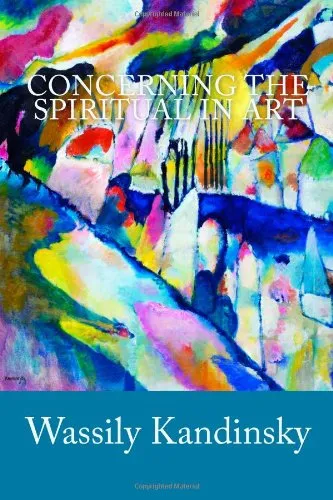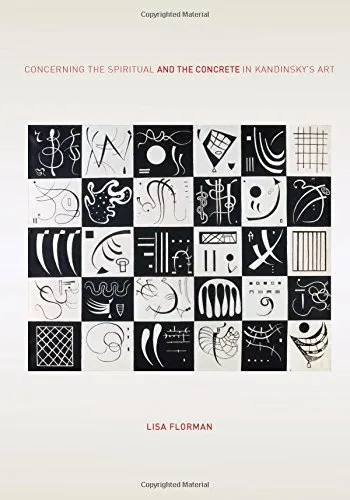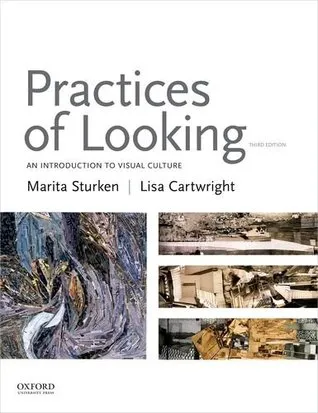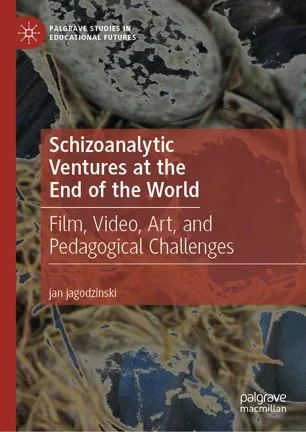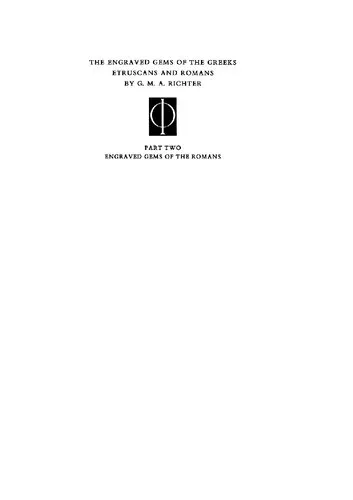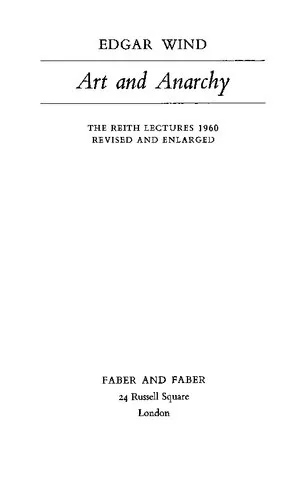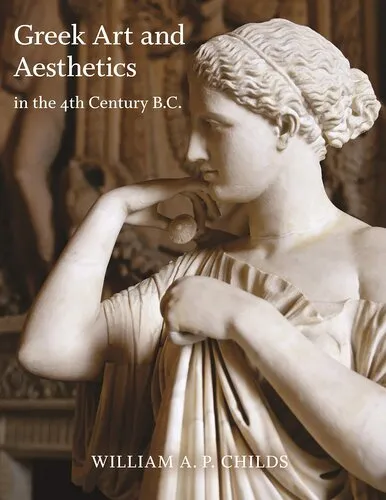Concerning the Spiritual in Art
4.6
Reviews from our users

You Can Ask your questions from this book's AI after Login
Each download or ask from book AI costs 2 points. To earn more free points, please visit the Points Guide Page and complete some valuable actions.Related Refrences:
Introduction to 'Concerning the Spiritual in Art'
Written by Wassily Kandinsky, 'Concerning the Spiritual in Art' is a profound exploration of the role of art in society and the intrinsic connection between art and spirituality. Kandinsky, a pioneering abstract artist, challenges readers to view art as a language that transcends the physical form to touch the soul, advocating for an art movement that speaks directly to the spiritual realm. First published in 1911, this seminal work has had a lasting impact on art theory and practice, emphasizing the need for art to move beyond mere representation and instead evoke deeper, spiritual experiences.
Detailed Summary of the Book
'Concerning the Spiritual in Art' is structured to guide the reader through Kandinsky's vision of art's transformative power. The book begins with a discussion on the history of painting and its development through various styles and movements. Kandinsky identifies the decline of materialism and the rise of spiritual consciousness in society as culminating in a new epoch for art. He analyzes the psychological effects of color and form, suggesting that colors possess an inherent spiritual vibration capable of inducing emotions and internal responses. Kandinsky categorizes colors into warm and cool spectrums, each carrying their distinct emotional language.
The second part of the book delves into the principles of composition in abstract art. Kandinsky introduces the idea of the artist as a prophet, whose duty is to convey spiritual truths through the artistic medium. He emphasizes the need for abstraction, arguing that the liberation from objectivity allows art to more purely express the inner necessity, a concept he coins as the 'inner resonance' of art. He further articulates the concept of variations, contrasts, and harmony in composition, providing a theoretical foundation for abstract art.
Key Takeaways
- The importance of spiritual abstraction in art, which transcends the material world to communicate deeper truths.
- Kandinsky's theory that color has a profound psychological and emotional impact on the viewer, operating as an agent of the soul.
- The role of artists as intermediaries to propound spiritual truths and elevate consciousness through their creations.
- The necessity of inner resonance and 'inner necessity' in enhancing the expression and understanding of art.
Famous Quotes from the Book
"Color is a power which directly influences the soul."
"The artist must be blind to ‘recognized’ and ‘unrecognized’ form, deaf to the teachings and demands of his time."
Why This Book Matters
'Concerning the Spiritual in Art' has served as a pivotal manifesto for modern abstract art, laying the groundwork for an art movement that seeks to touch the human spirit. Its significance lies not only in its progressive approach to art theory but also in its timeless relevance. As modern art continues to evolve, Kandinsky’s principles remain a central touchstone for artists seeking to explore the non-material aspects of creativity. The book influences practitioners and scholars across multiple disciplines, reinforcing art's potential to elevate human consciousness and foster a deeper understanding of the invisible forces shaping our world.
Through this work, Kandinsky has inspired countless artists to defy convention and embrace abstraction as an avenue to deeper self-expression. It champions the idea that art is not just a reflection of the external world but a vital component in the pursuit of spiritual enlightenment, making it a cornerstone in the canon of art literature.
Free Direct Download
You Can Download this book after Login
Accessing books through legal platforms and public libraries not only supports the rights of authors and publishers but also contributes to the sustainability of reading culture. Before downloading, please take a moment to consider these options.
Find this book on other platforms:
WorldCat helps you find books in libraries worldwide.
See ratings, reviews, and discussions on Goodreads.
Find and buy rare or used books on AbeBooks.
1486
بازدید4.6
امتیاز0
نظر98%
رضایتReviews:
4.6
Based on 0 users review
Questions & Answers
Ask questions about this book or help others by answering
No questions yet. Be the first to ask!
